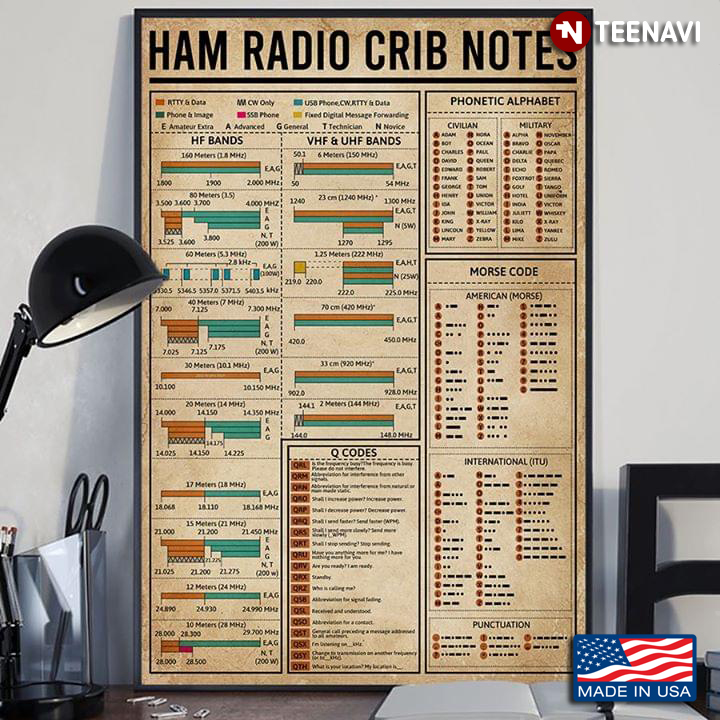


Occasionally, a heavy accent or fast talker will throw a wrench into communications. It’s challenging, but everyone tries to follow the ICAO script to minimize problems.

Is it easy to understand the “English” in different countries? I don’t anticipate any change to the dual language ATC in China.
Language radio international update#
Update (2020): The mandate mentioned in the previous update never happened. This will improve situational awareness for all pilots operating in China. Update (Dec, 2016): Sometime in 2017, the Civil Aviation Administration of China (CAAC) will mandate that its air traffic controllers use only English when communicating with pilots. The first part is in English, then repeated in Mandarin. The ATIS reports current weather, runways in use and other general information that pilots need to know before takeoff or landing. ATIS (Automated Terminal Information Service) is a recorded message (usually computer generated) that is transmitted at large airports. Here’s an example of a bilingual ATIS from Shanghai’s Pudong International Airport. It’s amazing to fly into Beijing or Shanghai at rush hour and hear the controllers rattling off clearances in both languages they never miss a beat. In the interest of aviation safety, I always say “Hello” or “Good Morning.” 🙂Ĭontrollers in China speak Mandarin to Chinese pilots, and English to out-of-towners. A friendly, properly accented “Bonjour, Montréal Centre!” when checking in will let them know you prefer French. Air traffic controllers in the Canadian province of Quebec are famous for speaking both French and English. Although English is common, we often hear other languages on the radio. Nope! ICAO Aviation English is a recommendation, not a law. As long as everyone stays on the script, things run smoothly.Ĭaptain Clarence Oveur, First Officer Roger Murdock, and Engineer Victor Basta having a little fun with ICAO Aviation English (from “Airplane!” ©Paramount Pictures, 1980):ĭo pilots and controllers speak only English on the radio? Just like actors following a script, the participants can anticipate what will be said and when.
Language radio international tv#
Have you ever heard pilots in movies and TV say things like: “Trans-Global four-one-seven, Turn left two-niner-zero and fly direct to Charlie-Zulu-India?” THIS is why! ICAO Numbers ICAO AlphabetĪs you can imagine, even with a common language, communication can still be challenging due to different accents around the world. When communicating with one another, flight crews and controllers usually say specific things at certain times. Click the charts below to learn the proper pronunciation of letters and numbers. Here’s a sample of how picky the guidelines are. ICAO even stipulates how the words, letters and numbers should be pronounced! We sometimes call the phrases “ The Script.” The script is designed to cover just about any situation that might arise, including emergencies. ICAO publishes a special vocabulary of Aviation English words and phrases that all international pilots and air traffic controllers must learn. Native Anglophones, consider yourself lucky! Why English? At the time, the US and UK manufactured and operated the majority of the world’s aircraft. In 1951, when international air travel really started to take off, the International Civil Aviation Organization (ICAO) recommended that English be the standard language for aviation communications. In order to communicate effectively, flight crews and controllers must share a common language. What happens when a flight crew flies to a country that speaks a different language? Just imagine: an Air China flight crew that speaks Mandarin arrives in Paris and must converse with French controllers. Clear communication between pilots and air traffic controllers is absolutely necessary for safety.


 0 kommentar(er)
0 kommentar(er)
